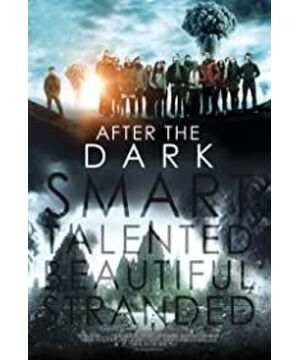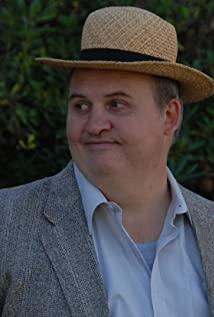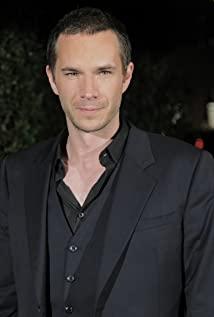In the last philosophy class at the end of the semester, the teacher proposed three experiments on the disaster of the apocalypse. Each of the 20 students in the class drew lots to decide their occupation, while their identity as a "mysterious person" was unknown.
The next three experiments all ended with "group destruction". The difference is that the first experiment came from "rationality". Whether it was the people who stayed in the referendum or the teacher who was rejected, it was decided by reason, and there are traces. Searching. Among them, the teacher's identity is "mysterious man" and he is standing in "God's perspective". From this, it seems that human beings who reject "God" will eventually be destroyed.
The second experiment stemmed from "human nature", after each person added a note, the people left in the referendum changed, this change stemmed from human nature, such as the fear of Ebola and the fear of women who cannot conceive after hysterectomy Giving up, likewise, after entering the shelter, the problem of concern has also changed to "reproduction". When someone resisted this, the teacher suppressed it violently. After being seriously injured, he chose to open the door, and everyone was destroyed together. At this time, the teacher can be said to be a pure theorist, and it also verified that the students in the opening paragraph said that he was a "dualist". But in the end, his actions were completely controlled by emotion. This shows that pure theorists will not survive either.
In the third experiment, the heroine decides who to stay. The starting point is entirely from sensibility. "My logic has been confused." At this time, her starting point is not how we should survive, but how we feel the joy of survival. . As a result, poets, singers, and wine appraisers were left behind. What's interesting is that being a homosexual is also attached to the meaning of survival. From this point of view, in the heart of the heroine, no one's life is superior to others. Everyone is treated equally, and life is equally precious. And in the end when the nuclear bomb fell on the island, in the teacher shooting one person or "group destruction", the choice of group destruction instead of survival was also a voluntary choice from the heart, which can also be said to be a resistance to power. And only the third experiment showed the solidarity of people.
Regarding these three experiments, it is actually just the teacher's play on the male protagonist who is not liked by the female protagonist (it seems to be a bit of a twist), in short, the teacher puts himself in a powerful position of "mysterious man", and the male protagonist "a gay farmer" "As a comparison, it means that it was a mistake for the female lead to choose a male lead, and it is clear that she is a better match for the female lead. So in the first two experiments, the first time was because the heroine thought she was a dangerous person and shut herself out, so the heroines died because they didn't know the code group; the second time, the hero was gay and cheated In this case, the heroine just got angry and made love to herself, so she opened the door and killed herself when she was injured. (seems a little sick).
So in fact, in the end, the heroine also redeemed the teacher. The two are indeed a good match, but they cannot be together because they both see too clearly and clearly. In contrast, the heroine and "don't know anything" Male protagonists are more likely to be together. The translation is "I like you, but we can't be together, you are fine, so please live".
So there are the last three shots of the teacher going upstairs. The first time he opened the drawer was a sandwich, he ate it, it was because of "life", and it was also the first experiment "to live"; the second time he opened the drawer was a pistol, which was "death", the sound of gunfire remembered For the third time, he chose not to open the drawer, which also implied that the heroine's redemption played a role, allowing him to get out of his imprisonment and usher in a new life from the choice of "living on the walking dead or choosing to end his life and die."
Of course, there are also interpretations that the sound of the gunshots is a metaphor for the end of the idea of "death is liberation" for oneself, and finally walks out of the dead end of philosophy, sends the heroine away, and begins a new life. Of course, there may be no one who understands their own thoughts as well as the heroine in the future.
It can be said that the whole film reveals the relationship between "rationality, human nature and sensibility", which are indispensable and cannot be lived alone. And several philosophical theories such as the "infinite monkey" theory, the trolley problem, and the paradox of blessing proposed in the opening chapter are also thought-provoking, and it can be said to be a relatively good "pseudo" philosophical film.
View more about After the Dark reviews











